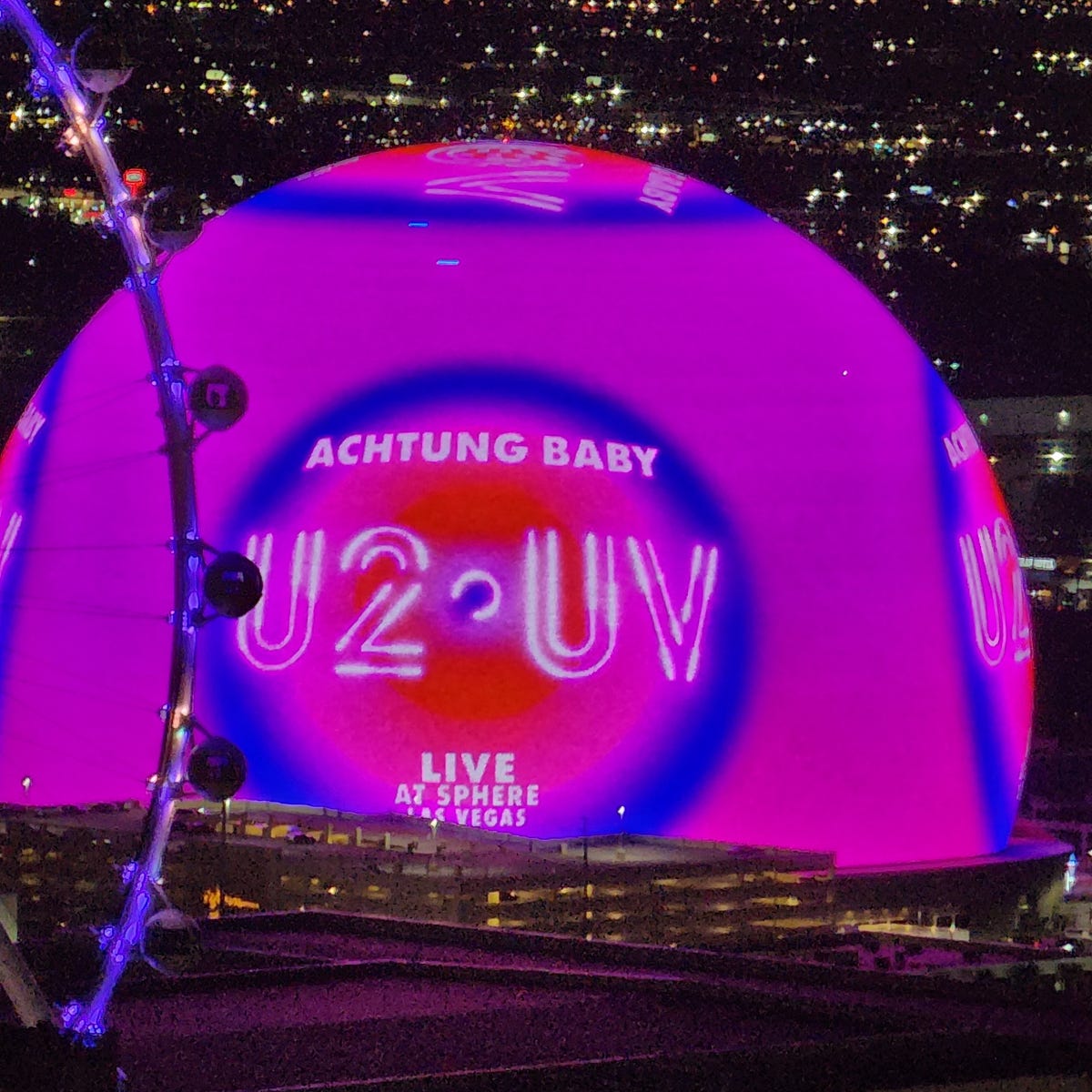Generational pull
On micro-generations, the haziness of 1964, and the influence of generational personality on politics
The Democratic Party appears to be coalescing around Vice President Kamala Harris in the wake of the widely predicted but still surprising wake of President Joe Biden's decision to withdraw from his run for re-election. As is so often the curse of Vice Presidents, she has been close to the spotlight for the last four years -- but remains in many ways unknown to the mainstream voter.
■ It is obvious that age, in the relative sense, will be a central issue in her likely head-to-head campaign against an opponent nearly 20 years older. That will be especially likely considering that age is the central factor behind President Biden's withdrawal.
■ Aside from the comparison in individual ages, there will also be an inescapable generational component to the contest. Vice President Harris was born in October 1964, technically making her one of the very last Baby Boomers. The standard definition places the crossover point from Boomers to Generation X the year following her birth, in 1965. But just as there is some fuzziness around the margins of Generation X and the Millennials (sometimes called a "micro-generation" of "Xennials"), the same is true of the Boomer-to-Xer crossover.
■ President Obama may have been seen as cooler than the average Boomer, but having been born in 1961, he was solidly in that generational cohort. With her own campaign to shape -- and potentially her own White House to run -- it will be quite a sociological study to see whether Vice President Harris takes on more of the style of her near-seniors (like President Obama) or her near-juniors, like former House Speaker Paul Ryan (born in 1970), Michigan governor Gretchen Whitmer (born in 1971), or former Senator Ben Sasse (born in 1972).
■ Generational distinctions are often softer in reality than they are made out to be on paper, but there are certain characteristics about the younger cohort into which she might fit that reveal themselves both on the campaign trail and in office. Which personality emerges and prevails under the conditions of a significantly accelerated campaign?



